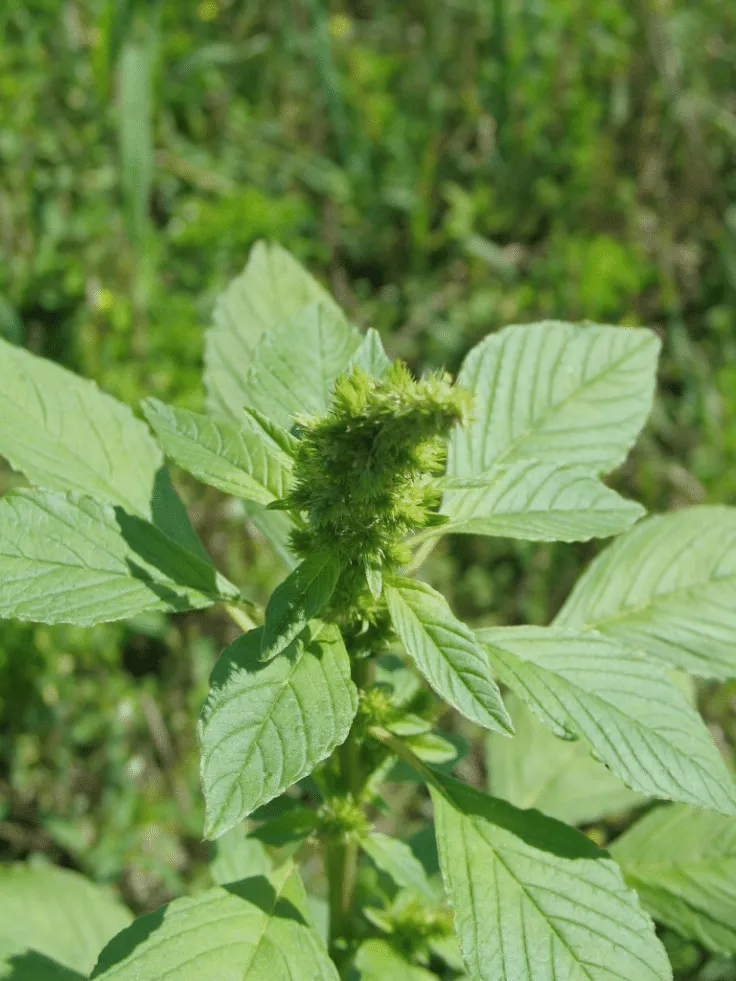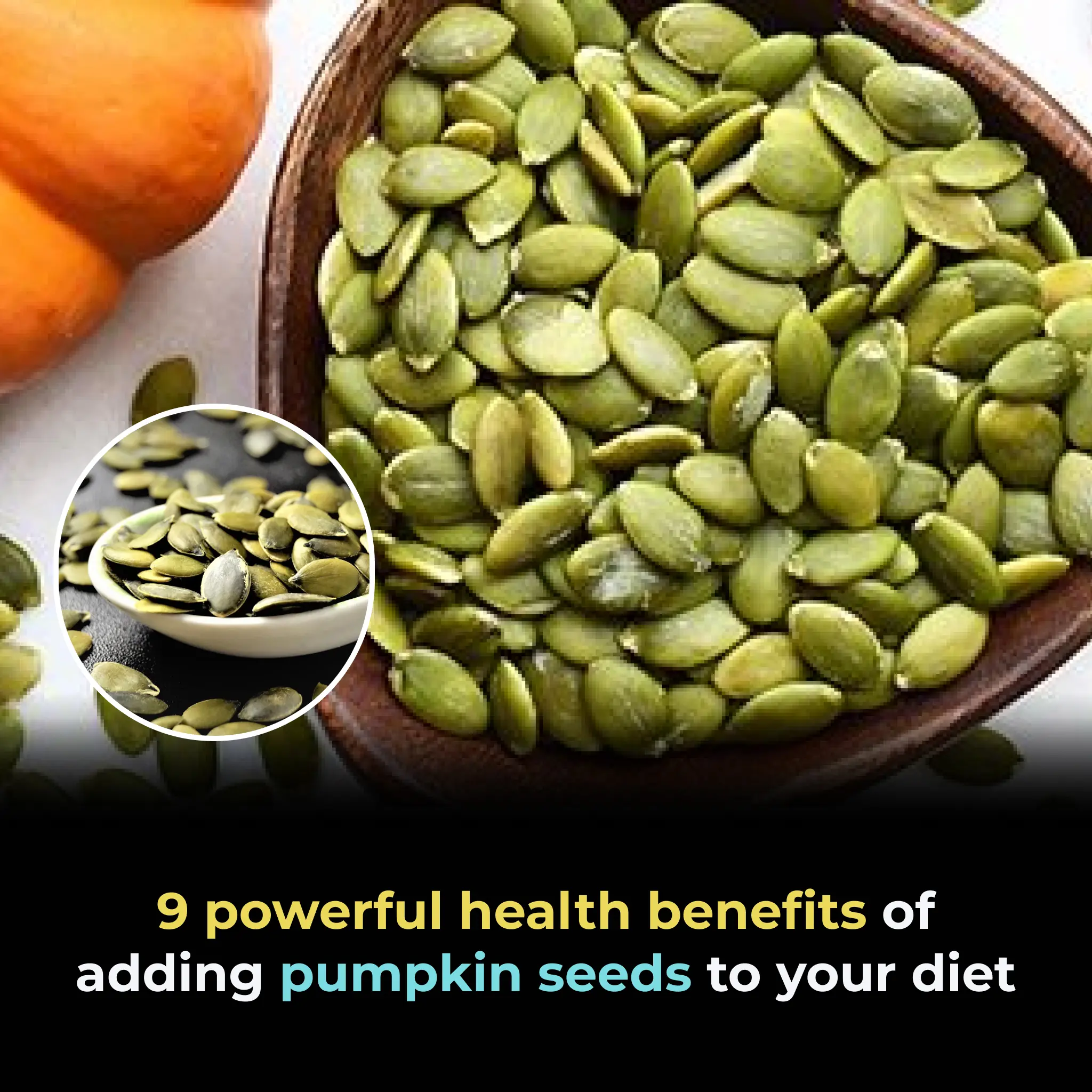
10 Remarkable Health Benefits of Pigweed Greens You Need to Know
Pigweed, also known as amaranth, is a leafy green plant that has been cherished in various cultures for its nutrient-rich properties and versatility in cooking. It’s known for its high levels of vitamins, minerals, and antioxidants, making it an excellent addition to a healthy diet. Pigweed is often overlooked in Western diets but is a staple green in African, Indian, and Latin American cuisines. Here, we’ll dive into the top 10 health benefits of pigweed green, offering a look into why this leafy green deserves a spot on your plate.

1. Rich in Essential Vitamins and Minerals
Pigweed is a powerhouse of essential vitamins and minerals, especially high in vitamins A, C, and K. Vitamin A is crucial for vision and immune function, while vitamin C boosts immunity and aids collagen production for healthy skin. Vitamin K plays a significant role in bone health and wound healing. Additionally, pigweed is a good source of iron, calcium, magnesium, and potassium, all of which support various bodily functions, from strong bones to a healthy cardiovascular system.
Its high vitamin K content also contributes to blood clotting and heart health. This makes pigweed a particularly useful addition to the diet for those looking to support cardiovascular function and prevent excessive bleeding. Furthermore, pigweed contains trace minerals like zinc and copper, which are essential for various enzymatic processes in the body.
2. Supports Digestive Health
This leafy green is rich in dietary fiber, which aids digestion by promoting healthy bowel movements and preventing constipation. Fiber helps regulate blood sugar levels and lowers cholesterol, making it a great addition to a balanced diet. Including pigweed in your meals can enhance your gut health by fostering beneficial gut bacteria, which improves digestion and nutrient absorption.

The fiber content in pigweed also supports weight management, as it promotes a sense of fullness, reducing overeating. Additionally, the plant's high water content helps in softening stools, further promoting digestive health and reducing the risk of gastrointestinal discomfort such as bloating or indigestion.
3. A Potent Source of Antioxidants
Pigweed contains high levels of antioxidants, particularly in the form of betalains and phenolic compounds. These antioxidants help fight free radicals, which are unstable molecules that can damage cells and lead to chronic diseases like cancer and heart disease. Regular consumption of pigweed can help reduce oxidative stress and inflammation, protecting your cells and slowing the aging process.
Moreover, the antioxidant properties of pigweed can support liver health by neutralizing toxins and improving detoxification processes. As oxidative stress is also linked to chronic inflammatory conditions like arthritis and diabetes, pigweed’s antioxidant content can contribute to long-term disease prevention.
4. Supports Bone Health
With a high calcium content, pigweed is excellent for supporting bone health. It also contains vitamin K, which plays a role in bone mineralization and density. For those who avoid dairy or are lactose intolerant, pigweed can be a valuable plant-based calcium source. Including this green in your diet can help reduce the risk of osteoporosis and other bone-related conditions.
In addition to calcium, pigweed contains magnesium, which is also vital for bone health. Magnesium works in conjunction with calcium to help maintain bone strength and structure. Furthermore, the vitamin C in pigweed aids in collagen production, which is essential for maintaining the integrity of bones and connective tissues.
5. Boosts Immune Function
Pigweed is rich in vitamin C and beta-carotene, both of which are essential for a strong immune system. Vitamin C enhances the production of white blood cells, which protect the body against infections, while beta-carotene, a precursor to vitamin A, supports skin health, which acts as the body’s first line of defense. By adding pigweed to your diet, you can strengthen your immune defenses naturally.
Pigweed's high levels of both vitamin A and vitamin C also help reduce the severity and duration of common colds and other viral infections. The antioxidants in the plant can also help modulate the immune response, reducing inflammation and promoting faster recovery during illness.
6. Promotes Heart Health
Pigweed is beneficial for heart health due to its potassium content, which helps regulate blood pressure by balancing sodium levels in the body. Additionally, the fiber in pigweed lowers cholesterol levels, further reducing the risk of heart disease. The antioxidants in pigweed also protect blood vessels from damage caused by oxidative stress, reducing the risk of arteriosclerosis (hardening of the arteries) and promoting a healthy cardiovascular system.
Furthermore, the magnesium in pigweed plays a key role in regulating heart rhythm and preventing arrhythmias. Regular consumption of pigweed may contribute to overall heart health by improving circulation and supporting healthy blood flow.
7. Helps in Weight Management
Low in calories but rich in nutrients, pigweed is an ideal food for those aiming to maintain or lose weight. Its high fiber content keeps you full for longer, reducing overall calorie intake by curbing hunger. Moreover, the nutrients in pigweed support metabolic processes, making it a great addition to a weight-loss-friendly diet. It’s also versatile, as it can be easily added to salads, soups, or stir-fries without significantly impacting calorie count.
Pigweed is also naturally low in fat and contains a good balance of protein, making it a suitable choice for plant-based diets. The plant's high water content further enhances satiety, helping to control food cravings and promoting healthy weight management.
8. Blood Sugar Regulation
Pigweed has a low glycemic index, making it suitable for individuals with diabetes or those at risk of developing diabetes. Its fiber content slows down the absorption of sugar in the bloodstream, which helps stabilize blood sugar levels. Additionally, studies have shown that amaranth greens may help improve insulin sensitivity, which is essential for managing diabetes effectively. Including pigweed in your diet can contribute to more stable blood sugar and reduced risk of glucose spikes.

By adding pigweed to your meals, you can potentially reduce the frequency of blood sugar fluctuations and improve overall metabolic control. This is particularly beneficial for those with insulin resistance or prediabetes.
9. Anti-Inflammatory Properties
Chronic inflammation is linked to numerous health issues, from arthritis to heart disease. Pigweed contains various anti-inflammatory compounds, including polyphenols and flavonoids, which help reduce inflammation in the body. Consuming pigweed regularly may help manage symptoms of inflammatory conditions, providing relief for joint pain and swelling. This makes pigweed an excellent choice for those looking to incorporate anti-inflammatory foods into their diet.
Research has also suggested that pigweed's anti-inflammatory compounds may help reduce the risk of certain autoimmune diseases and inflammatory skin conditions, such as psoriasis and eczema.
10. Supports Healthy Skin and Hair
Pigweed’s abundance of vitamins A and C, as well as its antioxidant content, makes it beneficial for skin and hair health. Vitamin A is essential for skin regeneration and repair, while vitamin C aids collagen production, which keeps the skin firm and youthful. The antioxidants protect skin and hair from oxidative damage caused by UV rays and pollution. The minerals in pigweed, such as zinc and iron, also promote healthy hair growth by supporting cell regeneration and blood flow to hair follicles.
Additionally, the high vitamin E content in pigweed further contributes to skin hydration and elasticity, promoting a radiant complexion and reducing signs of premature aging. The anti-inflammatory properties of the plant also help soothe irritated skin, making it a valuable ingredient for those with sensitive or inflamed skin.
How to Use Pigweed in Your Diet
Pigweed greens can be used in a variety of dishes, much like spinach or kale. Here are a few simple ways to incorporate pigweed into your meals:
-
In Salads: Use raw pigweed leaves in your salads for a nutrient boost.
-
In Soups: Add pigweed to vegetable or chicken soup for added flavor and health benefits.
-
Stir-Fry: Sauté pigweed with garlic and a splash of olive oil as a healthy side dish.
-
Smoothies: Blend pigweed with fruits like bananas and berries for a nutrient-packed smoothie.
-
Juicing: Pigweed leaves can also be juiced with other greens for a detoxifying drink.
-
Pesto: Use pigweed in place of basil for a unique twist on traditional pesto, adding an extra layer of nutrition to your dishes.
Final Thoughts
Pigweed may be an underrated green in many parts of the world, but its nutritional profile and health benefits make it worth adding to your diet. From boosting immunity to promoting skin health, pigweed offers numerous advantages that can improve your overall well-being. Easy to prepare and versatile in cooking, this leafy green is a simple yet powerful addition to a balanced diet. Give pigweed a try, and take advantage of its remarkable health benefits today.
Incorporating pigweed into your diet can be a step toward a healthier lifestyle, offering numerous benefits for the body and supporting essential functions naturally. Whether you’re looking to improve digestion, manage weight, or enhance skin and hair health, pigweed is an excellent choice. And with its wide availability in many markets, adding this super green to your meals has never been easier.
News in the same category


What happens when you start eating chia seeds every day

Why You Should Stop Using Petroleum Jelly On Your Skin (It’s a Byproduct of the Petroleum Manufacturing Process)

Scientifically Proven Health Benefits of Cayenne Pepper

Low levels of this key brain nutrient may be fueling your anxiety

A Nurse Who Has Witnessed The Final Moments Of More Than 300 People Has Revealed What She Has Learned From Being By Their Side

Absolutely BEST Foods to Detox Your Kidneys

80% Of Heart Attacks Could Be Avoided If Everyone Did These 5 Easy Things

Drink this daily to support cleaner arteries

The Surprising Benefits of Foot Massages …More Than Just Relaxation

14 Best Natural Antibiotics Our Ancestors Used Instead of Pills

9 POWERFUL Health Benefits of Adding Pumpkin Seeds to Your Diet

Knowing These 12 Symptoms of a Stroke Can Save Your Life

6 fruits that help your body fight cancer cells naturally

Early Signs of Liver Damage You Shouldn't Ignore

If Your Nails Show These 10 Signs, See a Doctor Immediately

The 5 warning signs you may be taking too much magnesium, according to doctors

This Is What Happens to Your Body When You Start Eating Raw Garlic

4 Things Your Feet Could Be Telling You About Your Liver Health

This Is What Happens When You Eat Sweet Potatoes Regularly
News Post

Frisson: The Science and Sensation of Goosebumps from Music and Art

A Ride for Hope: How One Afghan Father Is Transforming His Daughters’ Future

When Life Begins With a Flash: Understanding the Zinc Spark Phenomenon

From Endangerment to Recovery: The Remarkable Journey of the Haleakalā Silversword

Closing Prisons, Strengthening Communities: The Netherlands’ Remarkable Shift

The Quiet Billionaire: How Epic Systems’ Founder Is Donating Nearly All Her Wealth

Utqiaġvik’s Polar Night: Sixty-Seven Days Without a Sunrise in Alaska’s Northernmost City

A Remarkable Encounter: How a Sparrow’s Nest Was Left Standing Amid 200 Fallen Plants

Innovative Mobility: Denmark’s Mobile Markets Enhancing Food Access for Seniors

Unlock Radiant Skin: The Ultimate Guide to Using Beetroot Gel for Glowing, Spotless Skin

Fenugreek Seeds for Hair Growth: The Power of Fenugreek Hair Rinse and Its Benefits for Hair

Japanese Milk Wax To Get Rid Of Unwanted Facial Hair

When Will I Outgrow My Acne? The Difference Between Adult and Teen Acne

5 Mascara Tips For Short Lashes

LEVEL UP YOUR LASH GAME: Top 5 Tips for Eyelash Extension Success!

Forehead Acne and What to Do About It

11 Common Eyebrow Mistakes Women Make in Their 60s (And How to Fix Them!)

How to Prevent and Treat Age Spots: Expert Tips for Radiant Skin

5 Ways Your Skin Changes as You Age and How to Keep It Vibrant
